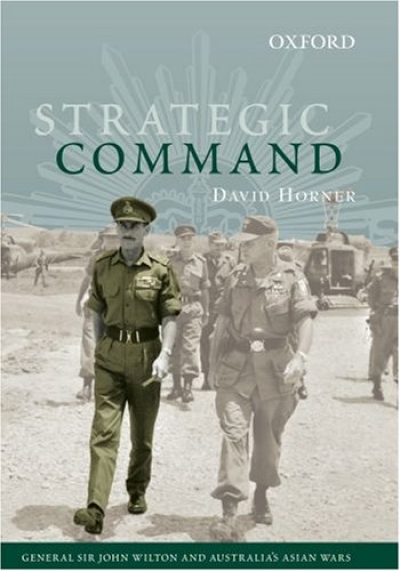Archive
Want to write a letter to ABR? Send one to us at This email address is being protected from spambots. You need JavaScript enabled to view it..
... (read more)Phosphorescence by Graeme Miles & Peeling Apples by Tessa Morris-Suzuki
What works you did will be yourself when you
Have left the present, just as everything
The past passed to the present must become
A terrible unstoppable one blend
Of being there (the world) and not to be
(The Self). Grow old along with me, the best
Is bet to be – the worst (of course) lack(s) all
Conviction, as the poet mistranscribed,
Storming a grave to satisfy his pride.
They love me, all my words, despite how often
I made fools of them, betrayed them, begged
Forgiveness of them. They are like the million grubs
Which swarm around their Queen. I file them in
Wide boxes where they wait their Master’s Voice,
Accusing and defending. A letter plans
To burst in sullen flame, its heat conserved
By what was written once – but chiefly silence
Triumphs under missing banners – death
Will be the one unmentionable
Impossibility. What happened lives
Parenthetically and privately.
Strategic Command: General Sir John Wilton and Australia's Asian Wars by David Horner
The Fluid State: International Law and National Legal Systems edited by Hilary Charlesworth, Madelaine Chiam, Devika Hovell, George Williams
Mia Couto’s most recent novel (translated into English in 2004) begins with a ‘large organ on the loose’: a severed penis, like a ‘fleshy hyphen’, is discovered lying on a road in the Mozambican village of Tizangara. It seems that another UN soldier has exploded, for in a nearby tree is a telltale blue helmet. A delegation of Mozambican and UN officials descends on Tizangara, and an Italian, Massimo Risi, is left behind to find out why six UN soldiers have been “eclipsed” and who is responsible. The Last Flight of the Flamingo (first published in Portuguese as O ultimo voo do flamingo in 2000) is Couto’s most successful attempt yet to incorporate the animistic traditions of Mozambican culture into a European fictional framework. It is funny, mercilessly satirical and unmistakably African.
... (read more)ADB replies to Paul Brunton
Dear Editor,
Paul Brunton has written of the quotas used in the selection of subjects for inclusion in the Australian Dictionary of Biography in a review (ABR, February 2006) headed ‘Mysterious quotas’, and in a follow-up letter (ABR, April 2006).
... (read more)




